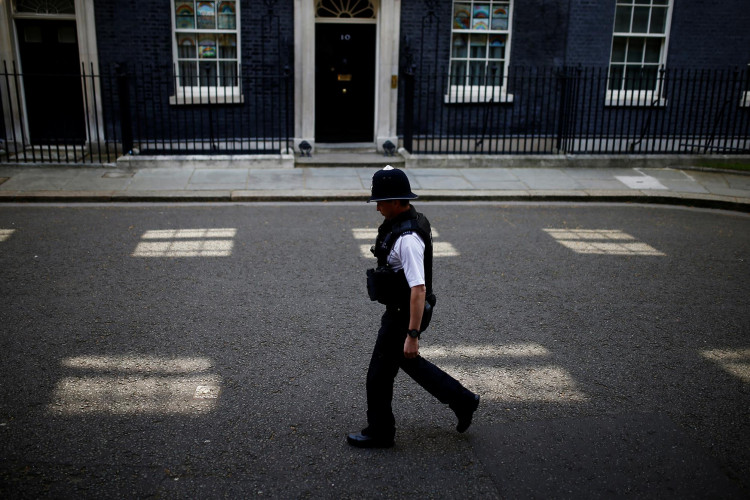British Prime Minister Boris Johnson returned to his residence in Downing Street on Sunday after he recovered from COVID-19, ready to buckle down to work with increasing pressure for the UK to clarify how it could lift a month-long pandemic-triggered lockout.
The 55-year old prime minister has spent three nights with the illness in intensive care. After two weeks of rehab at Chequers, his country home, a representative reported that he was back at 10 Downing Street Sunday evening. On Monday, Johnson will resume full-time work and is "raring to go," Dominic Raab, his stand-in, announced.
Since then he has convalesced at the prime minister's residence in Chequers. Johnson's illness raised concerns that without him at the helm, the government would not be able to take crucial decisions on easing the lockdown measures.
Since his discharge from St. Thomas's Hospital on April 12, the prime minister has been informed and briefed on the coronavirus situation. He held video calls with Foreign Secretary Dominic Raab, who was given the role of serving as his representative. Over the weekend, the death toll from Covid-19 for patients in hospitals in the U.K. breached the 20,000 mark.
Britain recorded its lowest daily rise in coronavirus deaths on Sunday in almost four weeks, as officials announced Johnson had returned to Downing Street after recovery from the virus.
The number of people who perished increased by 413 to 20,732, officials said on Sunday, the lowest daily increase recorded for the month of April.
The last time a smaller rise was reported by the health department was on March 31, when 381 deaths were reported. Just hours before Johnson returned, the most recent figures were released.
Johnson will find on his desk a letter from opposition Labor Party leader Keir Starmer urging him to explain when and how to ease an economic and social shutdown to slow coronavirus spread, one of many requiring more details. Raab pointed out that speculation about this risked diluting the message that people must stay home.
Stephen Powis, medical director of the National Health Service in England, said the "very clear" downward trend in the number of hospital coronavirus cases showed that social distancing was reducing the transmission and dissemination of viruses.
Raab said the UK government followed medical and scientific guidelines, and that there would be no immediate relaxation but a steady transition to a "new normal."
Despite the lower death figures released on Sunday, Britain remains among the worst-affected nations in the world by the pandemic.
The government has come under scrutiny, particularly over the lack of protective equipment and a shortage of comprehensive testing, especially of health and social care staff on the frontlines.





